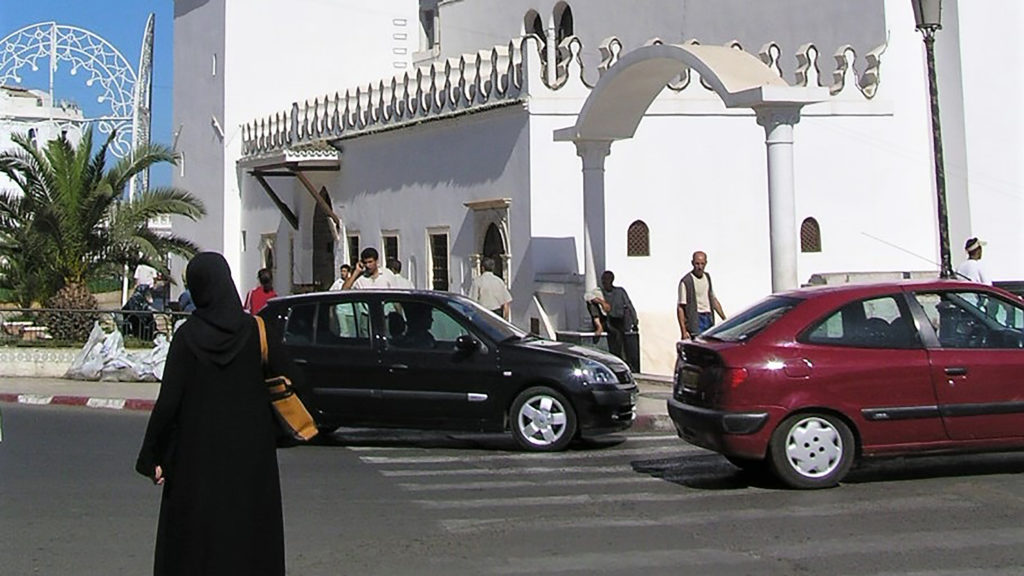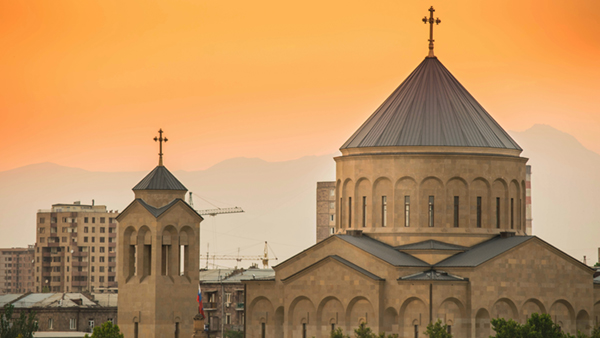Only 17 percent of people who attend religious services at least once a month say their religious view have influenced their opinion on the war with Iraq, the latest Pew poll has found.
Fifty-seven percent of that group says their pastor or religious leader has spoken about the war, with 34 percent of clergy taking no position on the war, 7 percent supporting it and 14 percent opposing it. Forty-one percent said their clergyman has not spoken about the war.
The findings were taken from a subgroup of a poll of 1,032 adults conducted March 13-16 by the Pew Research Center and the Pew Forum on Religion and Public Life.
Only 39 percent of those polled said they attended religious services of any kind at least once a week. Pew’s research did not tell how this specific group viewed the war. Instead, “regular” religious service-goers were defined as those who attended at least “once or twice” a month.
Eighty-eight percent of those polled identified a religious preference of any type (Christian, Islam, Jewish, etc.). Of those with a religious preference, 42 percent described themselves as “born again or evangelical” Christians.
Among the poll’s other findings:
Among evangelical Protestants – which in the poll could have included everything from Baptists to Jehovah’s Witnesses- 57 percent said their pastor has spoken about the war. Thirty-seven percent of pastors took no position on the war, 15 percent supported it and 3 percent opposed it.
Among mainline Protestants, 52 percent said their clergy addressed the war. Forty-three percent took no position, 1 percent supported it and 7 percent opposed it.
Including the entire sample, 77 percent of the public said that war is sometimes morally justified, compared to 12 percent who said war is never morally justified.
Forty-one percent of the entire sample said the media most influences their views on the war. This was followed by personal experience, 16 percent; education, 11 percent; religious beliefs, 10 percent; and friends and family, 7 percent.
(BP)





Share with others: